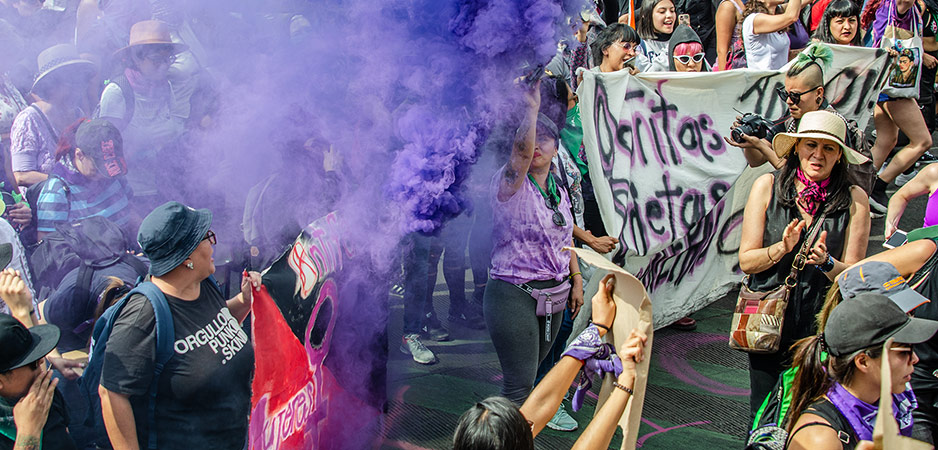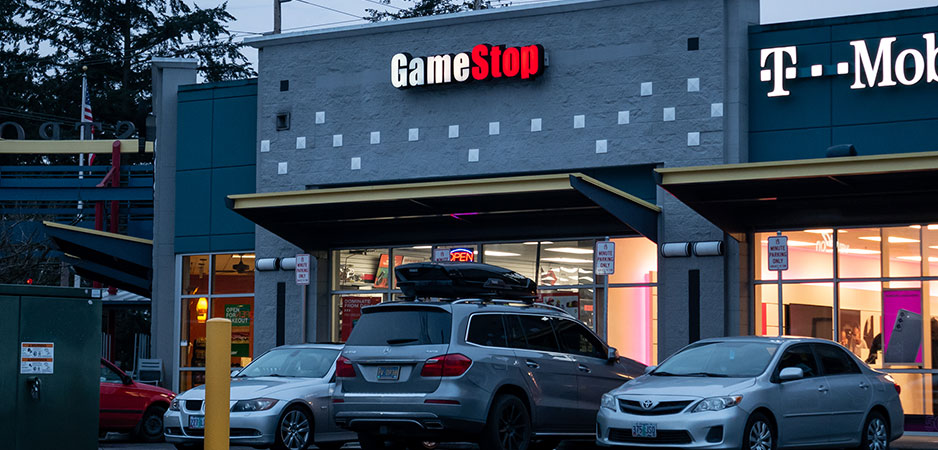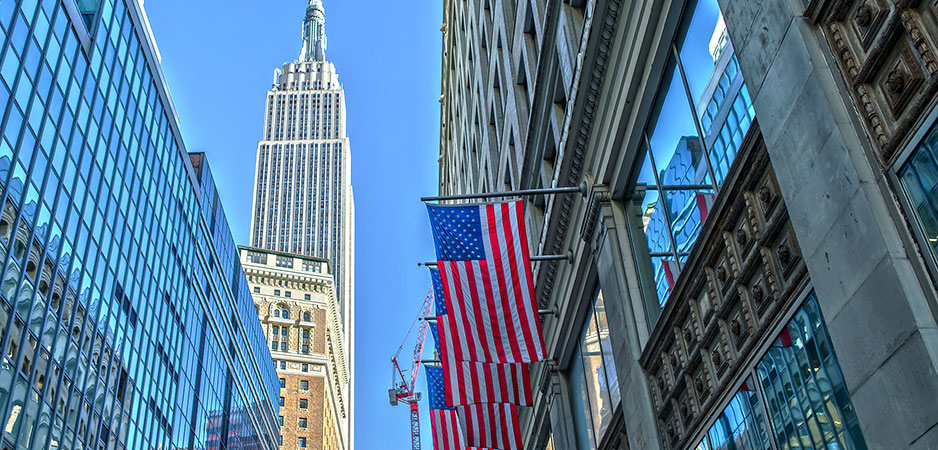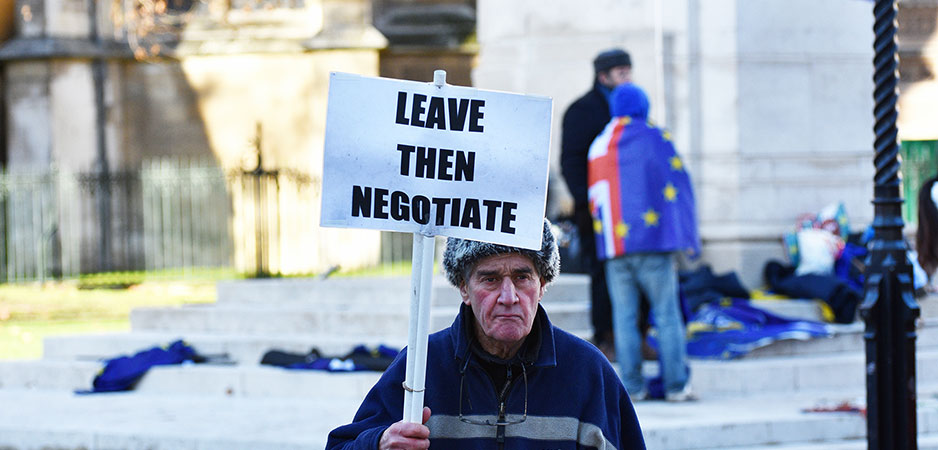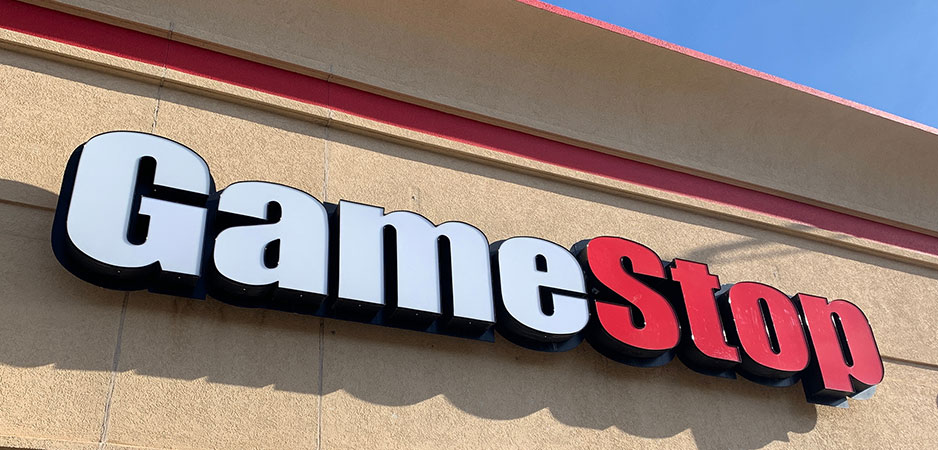Home is not a safe space for many women around the world and coronavirus-era quarantines and lockdowns have increased the risk of gender-based violence. In Mexico, statistics reflect this reality and women additionally face the rising risk of becoming targets amid violent drug crime and the militarization of the state security forces.
Slate’s Aaron Mak took the trouble to interview a group of people otherwise neglected by the media who happen to be the most directly concerned by the future of GameStop. As the pundits across the media landscape focused on the raging battle between a horde of Redditors and Melvin Capital, the employees in GameStop stores were left on the sidelines to ponder what this might mean for their future.
On January 7, the news media announced that Elon Musk had surpassed Jeff Bezos as “the richest person on Earth.” I have a personal interest in the story. Two of my neighbors just bought a Tesla, and this morning, on the highway between Geneva and Lausanne, an angry Tesla driver flashed me several times, demanding that I let him pass. His license plate was from Geneva. Apparently, these days, driving a Tesla automatically gives you privileges, including speeding, particularly if you sport a Geneva or Zurich license plate. In the old days, at least in Germany, bullying others on the highway was a privilege reserved for Mercedes and BMW drivers, who, as the saying went, had an “inbuilt right-of-way.” Oh my, how times have changed.
The battle of media titans over their profits — and our data — triggered by Australia’s attempt to make Google and Facebook pay for the news they use has little to do with the public interest. If we are worried about the quality of news and information, there’s not much to choose between the Murdoch press, which backs the news bargaining code proposed by the Australian government, and Facebook’s disinformation mills. The two often work hand in glove, as demonstrated by the way Rupert Murdoch’s flagship paper, The Australian published false narratives about the devastating bushfires last year, many of them poached from the online conspiracy theory fever swamp. In particular, as The New York Times has noted, The Australian echoed debunked claims that arsonists were to blame for the catastrophic fire season — even as online trolls and bot farms circulated the same false information online.
We didn’t suspect it at the time, but the 2016 Rio Olympics may have been the last ever summer games. There were clues. Until 2015, most of us hadn’t even heard of the Zika virus. First identified in 1947, it is transmitted by mosquitoes, typically causing asymptomatic or mild infection but also associated with microcephaly in babies born to mothers infected during pregnancy. Before the games, the state of Rio de Janeiro recorded 26,000 cases of Zika, giving rise to understandable fear among organizers, competitors and fans. With the Brazilian government throwing millions at reinforcing health networks, the tournament went ahead, welcoming over 11,000 athletes from 207 countries, alongside some 500,000 foreign visitors. It was only a portent of a more momentous and widespread virus that would send the entire world into convulsions and threaten the very existence of the Olympics.
It’s entirely possible that Tokyo will not stage the postponed 2020 Olympics this summer and, even if it does, it will be a much humbler affair than we’ve come to expect from recent games. Paris is scheduled to host the tournament in 2024 and will surely be concerned about the prospect. Four years after that, in 2028, Los Angeles is due to play host. By then, COVID-19 may be a nightmarish but distant memory. But it could also be a ubiquitous presence that affects practically every aspect of our lives and impels us to rethink what we’ve taken for granted over the past 400 years.
Like Gregor Samsa, the never-to-be-forgotten character in Franz Kafka’s story “The Metamorphosis,” we awoke on January 7 to discover that we, too, were “a giant insect” with “a domelike brown belly divided into stiff arched segments” and numerous “pitifully thin” legs that “waved helplessly” before our eyes. If you prefer, though, you can just say it: We opened our eyes and found that, somehow, we had become a giant roach of a country.
It was agreed almost at the last minute: The Trade and Cooperation Agreement (TCA) between the European Union and the United Kingdom, signed on December 30, 2020, prevented a no-deal Brexit just one day before the end of the transition period. Four and a half years after the referendum, relations between the EU and its former member state have thus been put on a new footing. It is a considerable achievement of the negotiators on both sides that such a complex agreement was reached despite the adverse conditions.
COVID-19 has been ruthless in choosing winners and losers around the world. The obvious “losers” have been those countries led by right-wing nationalists: Brazil, India, Russia, the United Kingdom and (until recently) the United States. These five countries are responsible for more than half of the world’s coronavirus infections and nearly half the deaths.
Humanity can be divided into two groups: those who know about and understand an influential American family known as the Kardashian-Jenner clan and those who may have heard their names mentioned but have no idea why. The author of this column belongs to the second group.
Unless you live completely off the grid, you have most likely heard something about the GameStop boom last week. For those unaware, a hedge fund, Melvin Capital, held very large short positions against GameStop, a brick-and-mortar gaming store whose stock has been falling steadily over the past decade due to the rise of e-commerce. An otherwise reasonable bet made a turn for the worst for Melvin as online investors, fueled largely by a sub-Reddit, led to a buying frenzy, leading GameStop’s stock to rise from $76.79/share on Monday, January, to $347/share on the 27.

